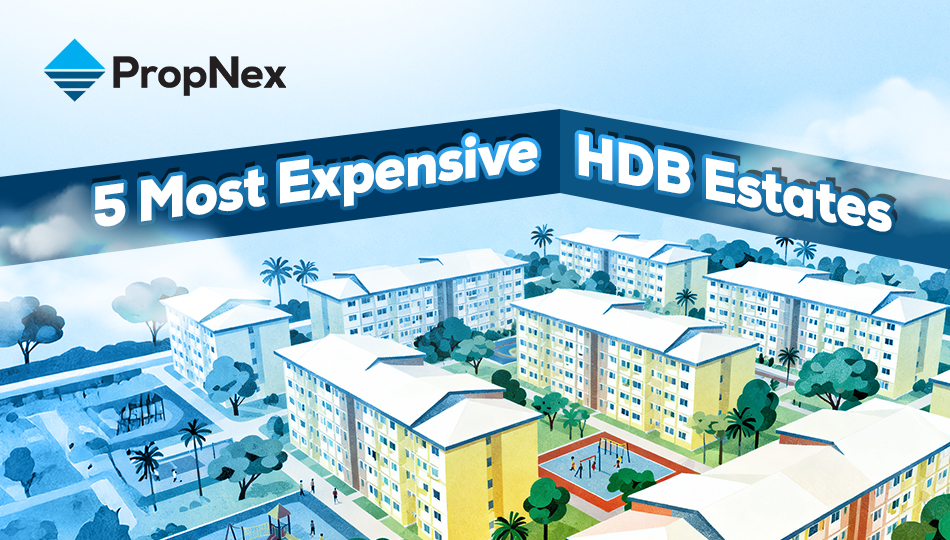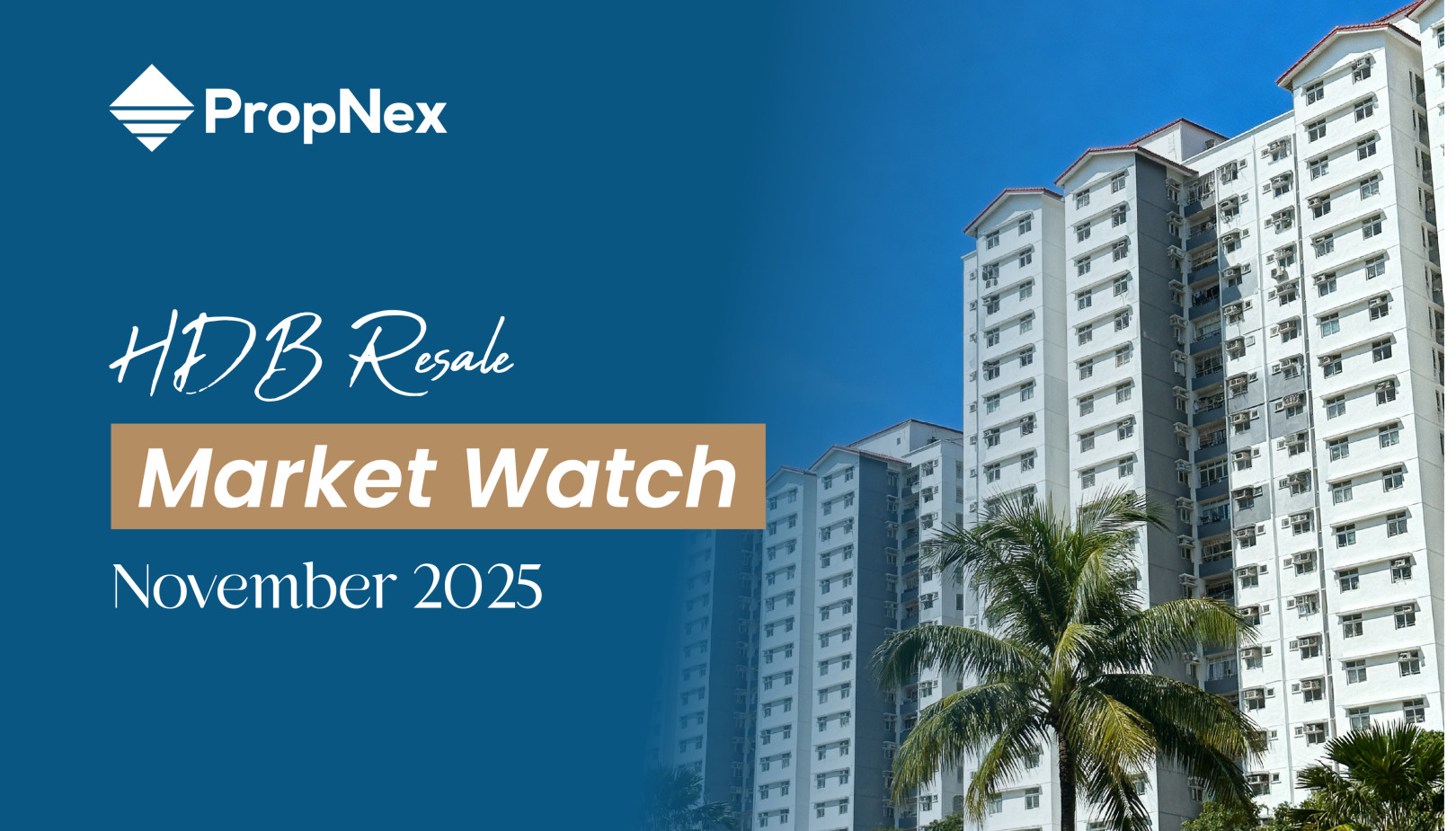Everything You Must Know About The Option To Purchase (OTP)

If you are home hunting in Singapore, you might want to find out more about what’s called an Option to Purchase, also know as OTP or an Option. Simply put, an OTP is a legal agreement between the seller and buyer of a property, where the seller gives the buyer the option to buy the said property at a mutually agreed-upon price.
What is an Option to Purchase (OTP)?
It is a common step for the seller and buyer to enter into a contract for the sale and purchase of a property. An OTP is issued by the seller to the buyer, granting the buyer the option to purchase the property at an agreed price. Following the agreement on the price and other material terms, the buyer pays an option fee to the seller. The seller will then grant the buyer an exclusive right to exercise the option to purchase the property within certain days from the date of the OTP (typically 14 days for a private property or typically 21 calendar days in the case of HDB resale flats). It is important to note that the seller cannot grant another OTP during the option period. Buyers usually take the time during option period to shop for a favourable housing loan package.
The OTP usually contains several essential information, including the details of the parties (names, identification numbers, contact details and addresses), the details of the property (address and purchase price), the option fee and option period, and any special conditions.
For completeness, some property transactions are prefaced by an Offer to Purchase, though not legally required.
At a glance: OTP (Resale Condo and Resale HDB)
Resale Private Property | HDB Resale | |
Granting the OTP | OTP will be granted by the seller to the buyer, after both parties agree to the essential terms and purchase price. Established real estate agencies have ready template of OTPs which can be used by parties to the transaction. | The seller must register Intent to Sell on the HDB Resale Portal at least 7 days before granting an OTP to the buyer. |
Option Fee | Typically, 1% of the property’s purchase price (negotiable) – to be paid by buyer | Not more than $1,000 - to be paid by buyer |
Option Period | Usually 14 days (negotiable) | 21 calendar days |
Seller cannot grant another OTP to another party during the option period | ||
Buyer Decides to Exercise the OTP within the Option Period | Pay the balance deposit which is often 5% or 10% of the purchase price, less Option Fee. Buyer to pay Buyer’s Stamp Duty (and the Additional Buyer’s Stamp Duty, if applicable) within 14 days of exercising OTP | Buyers taking a home loan from a bank must have a Letter of Offer before they can exercise the OTP. The buyer has to pay the Option Exercise Fee to the seller. The Option Fee and Option Exercise Fee add up to form the deposit - which does not exceed $5,000 - to seller. |
For new launches, an OTP is issued by the developer after the buyer pays the booking fee. Do note that in September 2020, the government has clamped down on the re-issuing of OTP for the same unit to the same purchaser(s) – a practice that had lengthened the option period significantly.
At a glance: OTP (New Launch Projects)
New Launches | |
Issuing the OTP | The OTP is granted by the developer of the project when the buyer pays the booking fee (usually 5% of the purchase price). At this point, the buyer is certain that he/she intends to buy the unit. |
Exercising the OTP | The developer will send the Sale and Purchase Agreement (S&PA) to the buyer, who then has 3 weeks to sign it to exercise the OTP. - The Buyer’s Stamp Duty (and the Additional Buyer’s Stamp Duty, if applicable) is payable within 14 days of signing the S&PA *Purchasers who may require more time finalise the necessary arrangements – such as the sale of their existing property – before exercising the OTP may apply to the Controller of Housing to request for an extension of the OTP validity period (of up to 12 weeks from the OTP date) |
What happens if the buyer does not exercise the OTP during the Option Period?
If the buyer does not exercise the OTP during the Option Period, then the OTP expires and the buyer forfeits the Option Fee (the seller keeps the Option Fee). The seller is free to grant another OTP upon the expiration of the existing OTP.
For new launches, the buyers will forfeit 25% of their booking fee if they fail to exercise the OTP within the deadline.
Is the OTP a legally binding document? What if the seller or buyer wants to back out after the OTP is issued? What if the seller refuses to issue an OTP?
An OTP is a legally binding contract. When an Option is issued in the normal course of event i.e. after negotiation and agreement on the price and other essential terms of the sale, the party intending to back out of the sale would unlikely succeed. If a seller renege on the sale, he/she has to refund the Option Fee to the buyer. Similarly, if the buyer backs out of the purchase, the Option Fee is forfeited to the seller. More importantly, the buyer can apply to Court for specific performance to compel to the other party to complete the transaction. In a recent case, a seller, who has had a change of heart, was ordered by the Court to complete the sale after the buyer had exercised the OTP.
Other considerations to note before signing the OTP
Entering into an OTP is not a matter to be taken lightly and buyers and sellers should only sign the Option when they are absolutely certain of proceeding with the transaction. It is always advisable to appoint an experience real estate salesperson for before issuing an OTP or paying an option fee.
In addition, buyers should also ensure that the necessary finances are secured and they may also need to pay the additional buyer’s stamp duty (ABSD) depending on their citizenship status and the number of residential properties they own. For instance, a Singapore Citizen who is buying a second residential property is subjected to an ABSD rate of 17% (of the purchase price) which needs to be paid within 14 days of exercising the Option.
Again, an experience real estate salesperson will be able to assist in such calculations, and projection of estimates on the financial aspect of the transaction.













